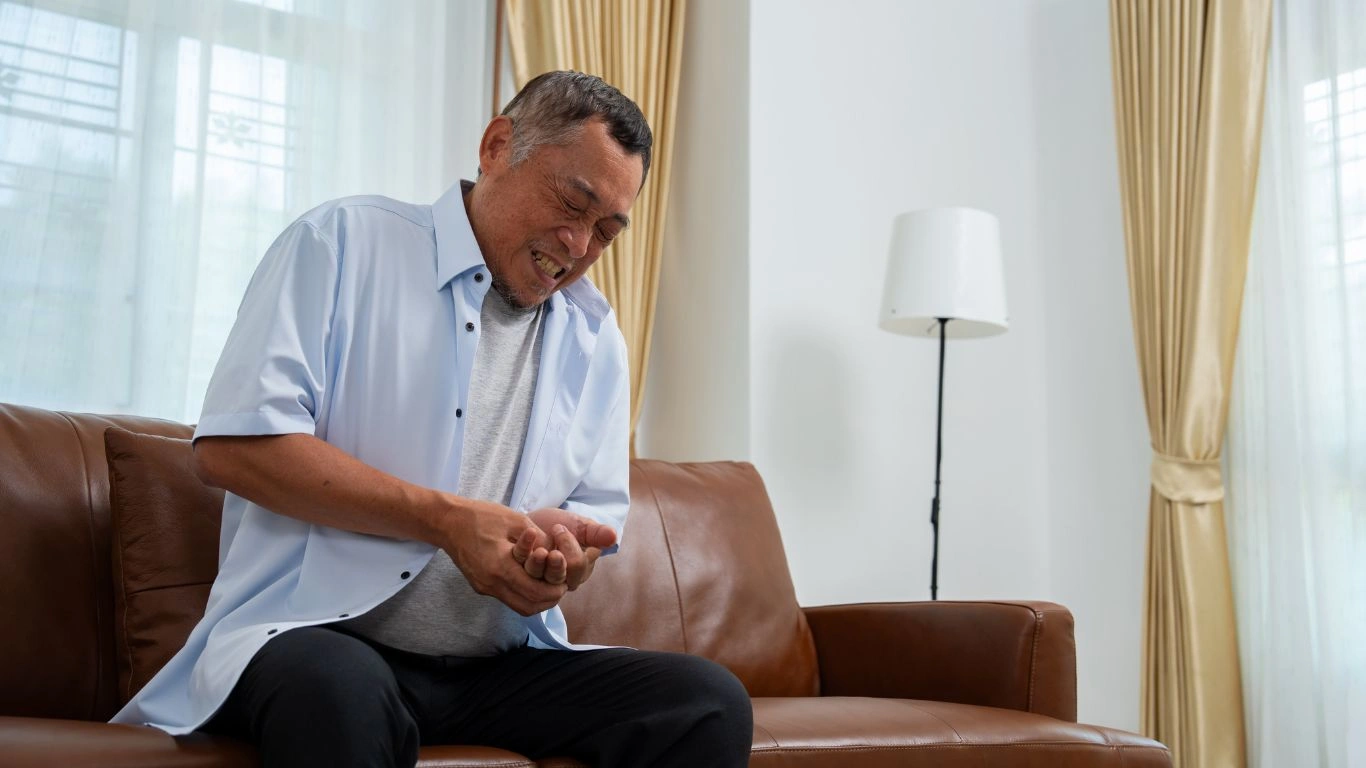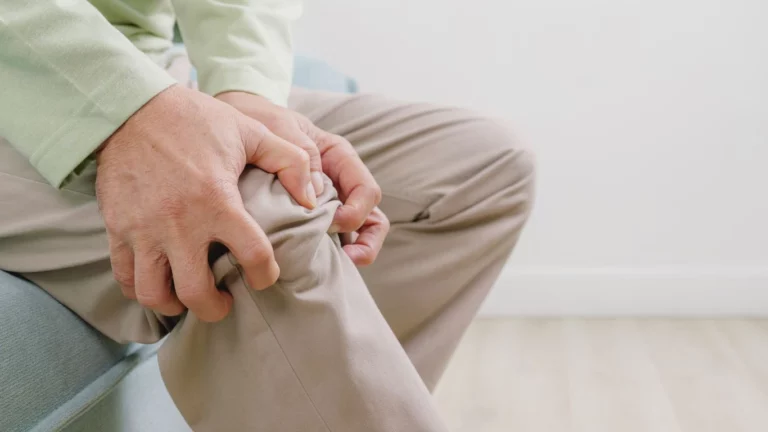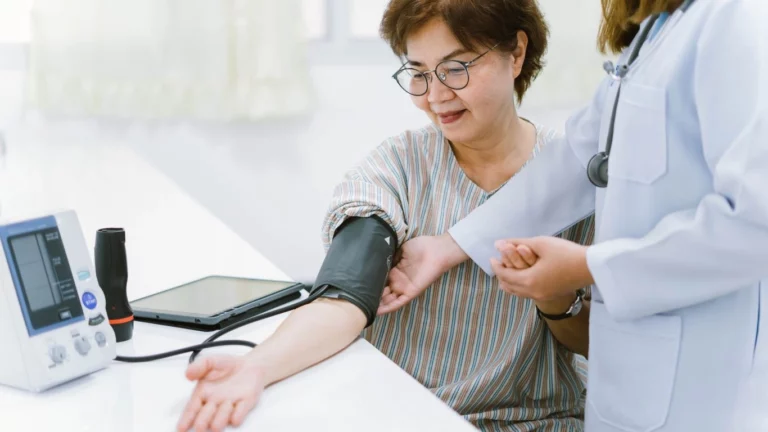Rheumatoid Arthritis and Its Effects on the Hips: Understanding the Impact and Managing Pain
If you’re someone dealing with rheumatoid arthritis (RA), you know how tricky it can be to manage. It’s not just about stiff fingers and sore knees—it can also hit your hips hard. And trust me, once your hips start to ache, it’s a game changer. Whether you’re just starting to notice symptoms or have been dealing with them for a while, let’s talk about how RA affects the hips and what you can do about it.
What’s Rheumatoid Arthritis Anyway? 🤔
RA is one of those conditions that can sneak up on you. It’s an autoimmune disorder, meaning your immune system gets all confused and starts attacking your own joints. This causes inflammation, pain, and over time, damage to the joints. You might think of RA mostly affecting your hands or knees, but the hips? They’re right in the mix too. It might surprise you, but when RA starts messing with your hips, it can make even simple tasks like walking or climbing stairs feel like a workout.
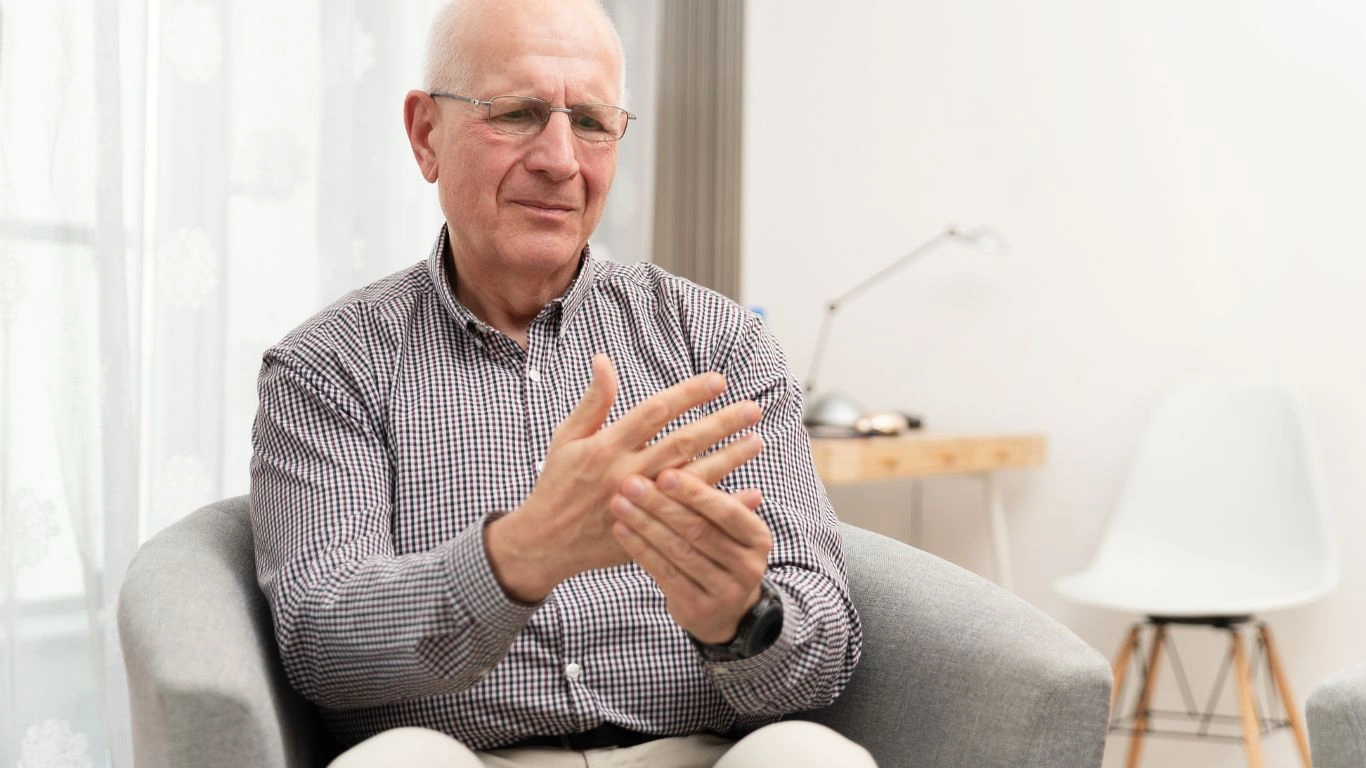
How Does RA Affect the Hips? 🦵
1. Inflammation Hits Hard
Here’s the deal: your hip is a big ball-and-socket joint, which means it’s responsible for a lot of movement. RA causes inflammation in the joints, including your hips, which makes them swell up, stiffen, and hurt. Over time, that inflammation can start to mess with the cartilage and even the bones. When the cartilage breaks down, the bones start rubbing against each other, and let me tell you, that’s not fun.
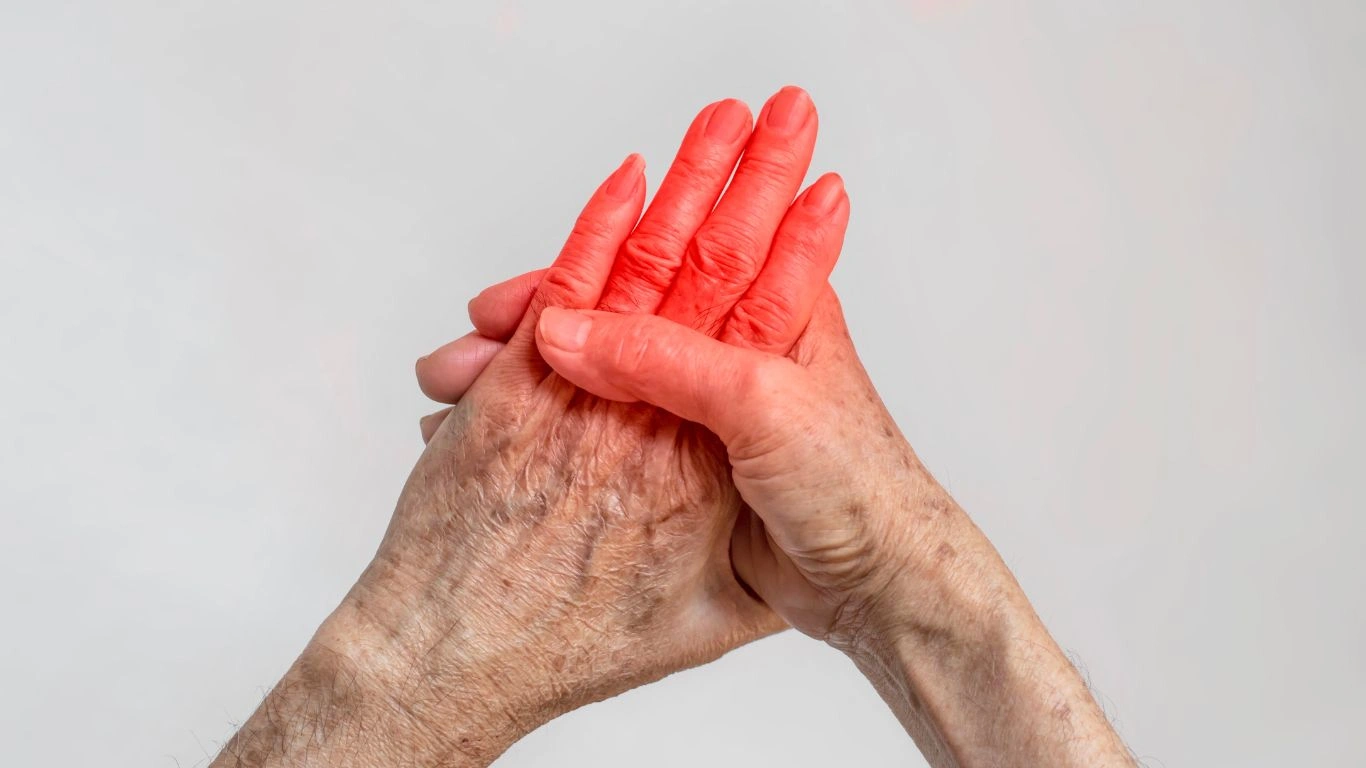
2. Limited Mobility
When RA really takes hold, you might notice that your range of motion gets limited. You can’t twist or turn like you used to, and even things like getting out of a car or putting on socks become harder than they should be. It’s a frustrating feeling when your body just doesn’t cooperate the way it used to, right?
Recognizing the Symptoms of RA in the Hips 🚨
Okay, so how do you know if RA is actually affecting your hips? Here are some signs to watch out for:
- Pain in the Hip Area: This one’s pretty obvious—if you feel deep, aching pain in your hip, especially after sitting for a while or moving around, it could be RA.
- Stiffness: This usually hits you in the morning or after you’ve been sitting still for a long time. You might feel like you’ve been hit with a concrete block.
- Swelling: If your hip feels puffy or tender to the touch, that could be inflammation at play.
- Reduced Movement: Struggling to move your hip in a full range? RA might be to blame.
- Walking Weird: A limp or favoring one leg over the other? Yep, that’s often RA causing problems.
Troubleshooting Some Common RA Issues in the Hips 🔧
1. Stiffness After Sitting
Problem: You’ve been sitting for a while, and now your hip feels like a brick. Getting up is a struggle, and you’re feeling stiff.
Solution: Gentle stretches can work wonders here. I’ve found that doing some hip-opening exercises in the morning, or even just standing up and walking around every so often, can make a big difference. If you’re feeling really stuck, a physical therapist can teach you moves to keep the joint mobile without straining it.
2. Dealing with the Pain
Problem: The pain in your hip can be unbearable at times, and regular over-the-counter meds don’t cut it.
Solution: This one’s tricky, but the right pain management strategy can help. A combination of medications, physical therapy, and perhaps some hot/cold therapy might do the trick. In some cases, biologic medications that target RA’s root causes could be a game changer. Just be sure to talk to your doctor about what’s right for you!
3. The Sleep Struggle
Problem: Hip pain keeps waking you up in the middle of the night. You’re tossing and turning, trying to get comfortable, but it’s just not happening.
Solution: One trick that helped me was using a pillow between my knees when I sleep on my side—it helps align the hips better. Also, looking into a firmer mattress or a memory foam mattress topper might help ease some of the pressure points.
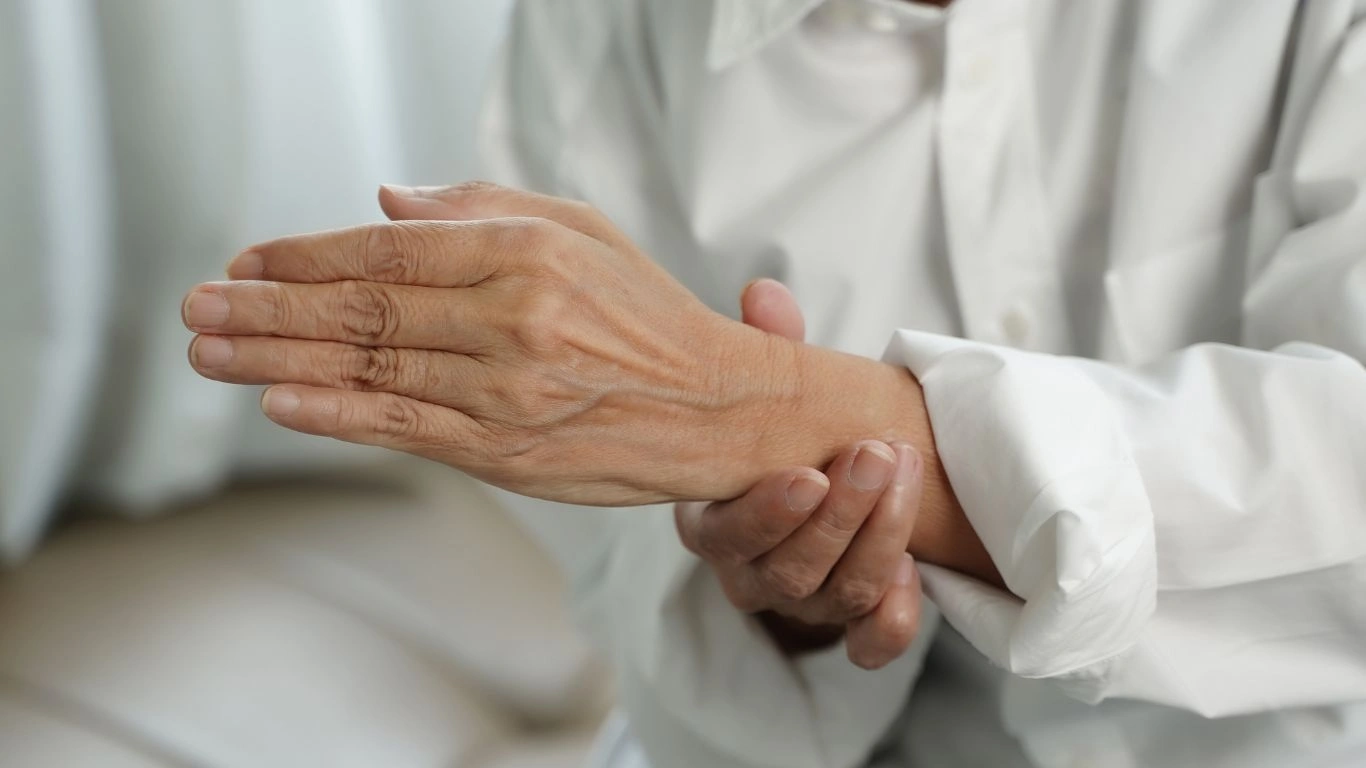
Real Stories: How Others Are Dealing with RA and Hip Pain 💪
Jane’s Story: A Daily Fight, but She’s Winning
Jane’s been living with rheumatoid arthritis for years. Her hips started to show signs of RA after she turned 50, and at first, she thought it was just old age creeping in. But the pain kept getting worse. So, she worked with her doctor and started a treatment plan that included physical therapy and a mix of pain meds. Over time, she learned how to manage the discomfort, and she’s able to do things she loves again, like hiking and yoga. “I won’t lie—it’s not easy,” she says. “But I’ve learned to work with my body instead of against it.”
John’s Journey: From Pain to Hip Replacement
John, on the other hand, reached a point where nothing was helping his hip pain. After years of trying physical therapy, medications, and lifestyle changes, his doctor suggested hip replacement surgery. At first, he was hesitant, but after the surgery, he felt like a new person. Now, he’s back to gardening and enjoying long walks with his dog. “It’s not perfect, but I’m so much better now,” he says.
Key Takeaways / Summary 📝
- RA can definitely mess with your hips, causing pain, stiffness, and reduced mobility.
- Early treatment is key to preventing further damage, so don’t wait around.
- Physical therapy, lifestyle changes, and pain meds can help, but for some, surgery is the ultimate solution.
- Real people (like Jane and John) have found ways to cope and keep moving—even if it’s tough.
FAQs About RA and the Hips 🤔
Q: Can RA lead to hip replacement surgery?
A: Yep, in some cases, RA can damage the hip joint so much that surgery is the best option to restore function and reduce pain.
Q: What are the best exercises for RA in the hips?
A: Low-impact exercises like swimming, walking, or cycling are great for keeping your hips moving without adding too much stress. Your physical therapist can help you find what works best.
Q: Is RA the same as osteoarthritis?
A: Not quite! RA is an autoimmune condition, whereas osteoarthritis is more about wear and tear. Both affect the joints, but RA can cause more widespread inflammation.
References 🔗
Disclaimer ⚠️
This post is for informational purposes only. Always chat with your healthcare provider for advice that’s specific to your situation.
Ready to Take Control of Your RA? 🤝
If RA is slowing you down, don’t let it! Whether it’s medication, therapy, or even just a few changes to your daily routine, there’s a way forward. Talk to your doctor and find the plan that works for you—and don’t forget, it’s all about taking it one step at a time.
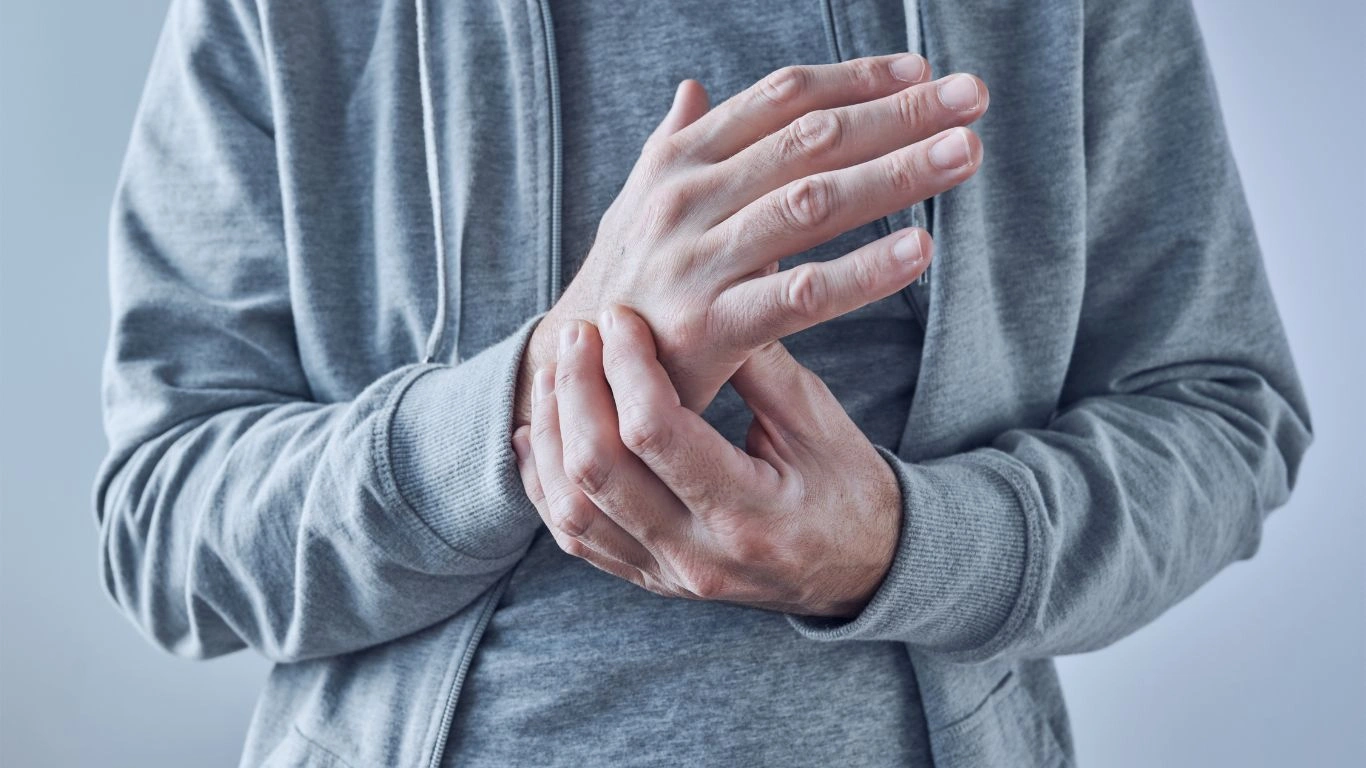

Tarra Nugroho is a dedicated Nurse Practitioner with a strong foundation in family and preventive care. She brings both compassion and clinical expertise to her practice, focusing on patient-centered care and health education. As a contributor to Healthusias.com, Tarra translates medical knowledge into clear, empowering articles on topics like women’s health, chronic disease management, and lifestyle medicine. Her mission is simple: help people feel seen, heard, and informed—both in the clinic and through the content she creates. When she’s not caring for patients, Tarra enjoys weekend hikes, plant-based cooking, and curling up with a good health podcast.

